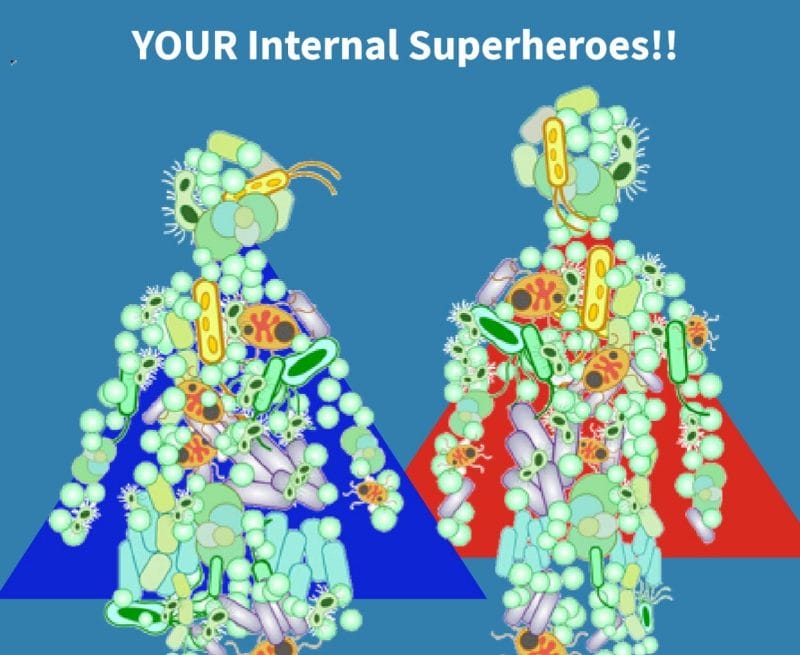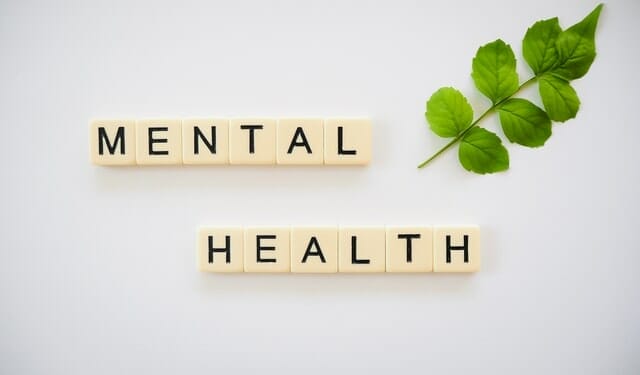
Most people are on board with the idea that gut microbes affect our health, but it may be more difficult to accept that they also influence how we feel and think.
New research suggests that to maintain a healthy brain, we should tend our gut microbiome.
For nearly two decades, neuroscientist John Cryan of University College Cork in Ireland has been uncovering ways in which intestinal microbes affect the brain and behavior of humans and other animals.
How Gut Microbes Affect Mental health
John Cryan has shown that transplanting microbes from the guts of people with psychiatric disorders like depression to the guts of rodents can cause comparable symptoms in the animals. Current research highlights a range of possible ways gut microbes affect mental health.
Immune System
Gut microbes also regulate the immune system and influence immune-to-brain communication pathways that are important to mood.
Inflammation
Alterations in gut microbes may lead to increased inflammation and contribute to anxiety and depression.
Short-chain fatty acids
People with anxiety and depression had fewer microbes that produce short-chain fatty acids, which are believed to regulate the central nervous system.
The Role of Probiotics
Evidence suggests that probiotics may have important mental health benefits, even if their actual passage through the intestine may be transient.
Some research suggests that probiotics may be able to reduce neurological inflammation central to many mental health disorders. CLICK HERE for the one I recommend.
Feeding Your Microbiome
Although there may one day be an elegantly developed “depression diet” with precise clinical recommendations, a good research-supported shorthand for now may be:
- Eat Whole Foods
- Fruits and Vegetables
- 30 grams of fiber a day
What to do with all of this information?
There isn’t enough data yet to suggest a specific treatment related to the gut microbiome for mental health. But there is a systematic review indicating that people who eat diets high in
- fruit,
- vegetables,
- fish,
- whole foods
reduce their risk for depression.
Also, keeping a health gut is ESSENTIAL to mental health!!
It is clear that what we eat affects the microorganisms in our digestive systems.
For now, the take-home message is that eating a healthy, well-balanced diet not AND keeping your digestive system healthy not only improves your physical health but likely boosts your mental health as well.
COMING SOON -Updated 4 week DIgestive Detox Program called “Revitalize & Renew”

NUTRITIONAL PSYCHIATRY
Data suggests a repeated link between diet quality, gut microbiota, and susceptibility to a variety of mental health conditions, independent from other risk factors.
The field of nutritional psychiatry acknowledges the sizable gap between our current treatments for mental health conditions and offers a hopeful other way adjusting our diet.





























